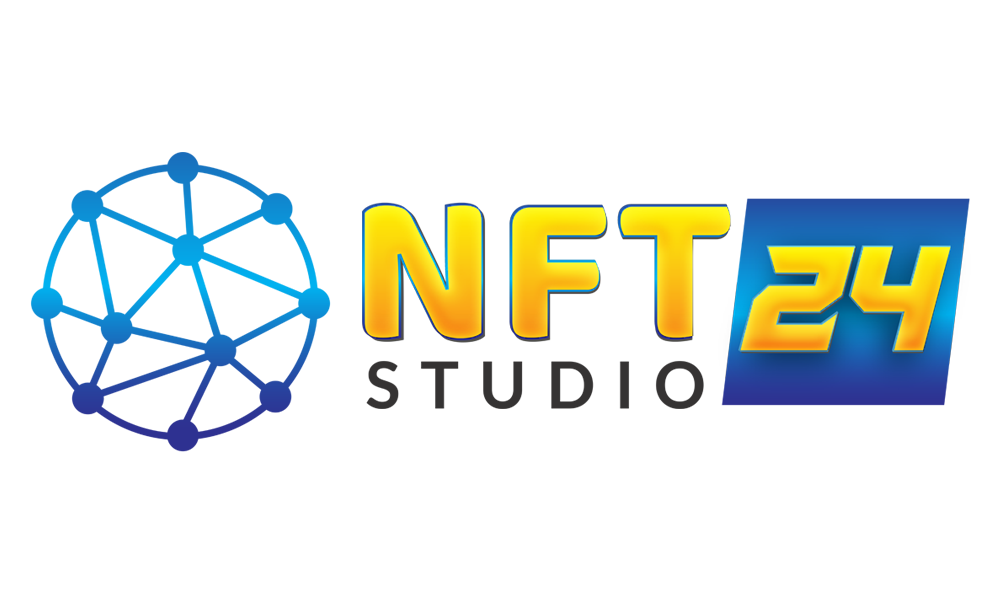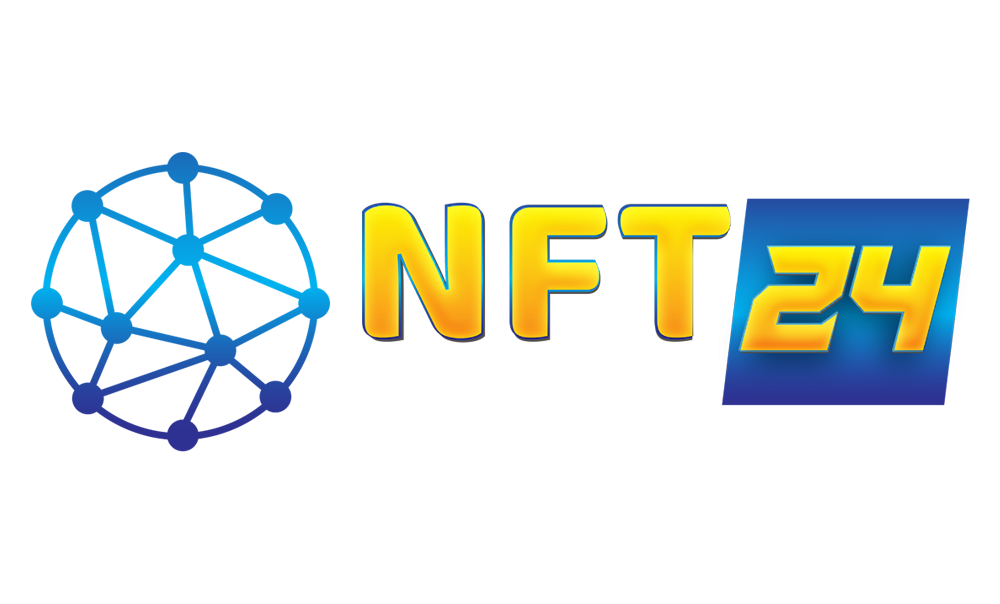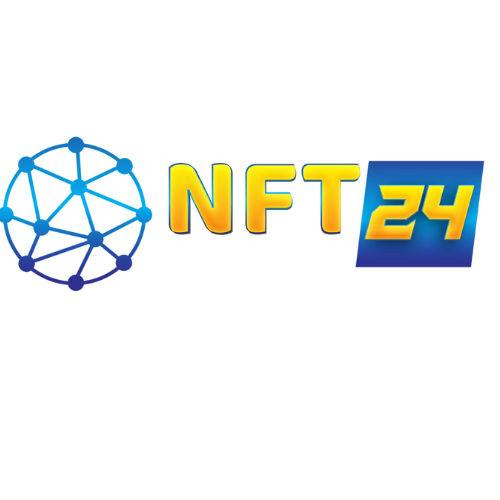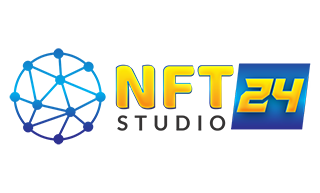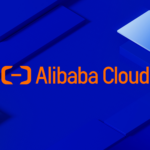NFTStudio24 CEO Hinza Asif interviews Chris Sharp, a seasoned tech veteran with over 23 years of experience, on his journey from Apple to Blockdaemon as the Chief Technology Officer (CTO). CEO Hinza sat with Chris to learn about Blockdaemon’s vision, Apple’s mindset on embracing blockchain technology, and experience in Japan’s crypto market.
Chris’ Journey into Web3: From Building Apple Pay to Leveraging Blockdaemon
Chris is a recognized expert in technical Payments, Access, Transit, Identity, and Distributed Ledger Technologies. His portfolio includes projects like Find My iPhone, eSIM, and Apple Pay, which are his team’s most recognizable work.
In the interview, Chris talked about his efforts, especially his work in Japan which includes adding a Suica card, one of the biggest credit and debit payment systems in Tokyo, being an iconic feature for the iPhone 7 launch. Chris also played a significant role in developing Electronic SIM technology, showcasing the breadth of his contributions to Apple’s tech landscape.
When asked about why he switched from Apple to Blockdaemon, Chris told us that he was deeply interested in Blockchain technology in 2016. Unlike Apple, which is yet to embrace the decentralized infrastructure, he saw promising prospects in the industry.
“I have been personally fascinated by blockchain and [wanted to see] what can I do to kind of marry my personal interests with my professional interests… I started talking to our CEO Konstantin, who’s just an absolute visionary in this space, and he said, come give it a try.”
Chris said
Chris officially joined Blockdaemon in 2022 as their Chief Technology Officer. He expressed his excitement and the continuous learning that comes with working in the blockchain space.
“Next Bull Run will Define Blockchain Adoption in Big Tech Companies” –
Chris said
The highly anticipated Crypto bull run has everyone’s eye, and Chris believes it will be a defining moment for blockchain adoption and application. The resurgence in things like NFTs can greatly showcase that true digital ownership is necessary and required. “Because if they are [required], then you could imagine a world where there’s an appetite for big tech Web2 companies to lean in.”
Blockdaemon is ready to onboard companies and businesses in the long run. With its institutional wallet and blockchain infrastructure called daemonOS, the platform offers solutions for wallet, staking, node management while consistently following global compliance and policies.
Building the Trust Factor: Blockdaemon’s Approach to Global Compliance & Overcoming Security Concerns
In Web3, developing the trust factor is very important. Many countries have different standards of regulatory framework for platforms. Chris explains Blockdaemon’s approach to protecting consumers under global compliance.
The company has introduced the KYB, or Know Your Business process, where consumers do business with other businesses that the platform can authenticate. Blockdaemon also offers third party providers to keep the bar really high. It is compliant with all global US regulations, OFAC list, KYB, KYC, and AML.
The company recently partnered with Chainalysis, a prominent security firm, to protect the users as well.
For consumers who are still hesitant in adopting Web3 platforms, Chris advises them to DYOR (Do Your Own Research). Whether the platform follows basic regulations, what’s the team behind it, and how transparent are they.
Japan Crypto Landscape: Chris’ take on Japanese Web3 Market
Chris has had experience building in the Japanese market for. When asked about his own perspective of Japan, he shares that Japan is far more advanced than any other country when it comes to regulations.
The case of FTX, Japanese customers remained unaffected due to the government’s regulatory framework. “Japan and the Japanese market will be a leapfrog for the rest of the world to follow,” he said.
As a CTO of Blockdaemon, Chris sees many opportunities to launch their institutional wallet in Japan. He and his team have been actively promoting Blockdaemon in the country.
Asia Web3 Alliance Japan, which aims to represent foreign Web3 business in Asia and Japan has been actively working to help companies expand into the region. Chris believes that when different entities are united under the same goal, the industry itself can move forward in a positive direction.
Integrating Blockchain in Trad Systems: Chris’ advice to Entrepreneurs
CEO Hinza highlighted that many startup founders or entrepreneurs find it hard to convince the traditional industry such as investors to onboard blockchain technology.
Chris says that there are times when the technology itself might not be needed at all. In its early stage, many would be selective over whether they want to adopt the new technology. The entrepreneurs should be looking for use cases or applications that actually solve an existing problem.
Explaining the concept in layman’s terms can be a challenge that needs to be overcome. The developers should focus on its features such as trust system, transparency, security, etc.
Just like during the beginning of the internet and Web2, when people were careful in checking which website was legit. The systems developed at the back-end where now green ticks in Chrome and Safari automatically indicate that a website is safe. Chris believes there will be a time when people would trust blockchain the way they do now on Chrome and Safari.
Business Culture at Blockdaemon: Chris’ Future Prospects
Blockdaemon, according to Chris, has been working hard to provide its users with effective solutions. As a B2B company, it allows companies and businesses to utilize its institutional wallet for everyday monetary exchange without any restrictions.
“Blockdaemon is an ISO registered company,”
Chris said
Talking about the work culture, Blockdaemon is a remote-first company that has employees from different countries who bring various cultural and professional expertise to the table. “It’s a great experience for me to work with so many talented people in the Web3 space,” he said.
